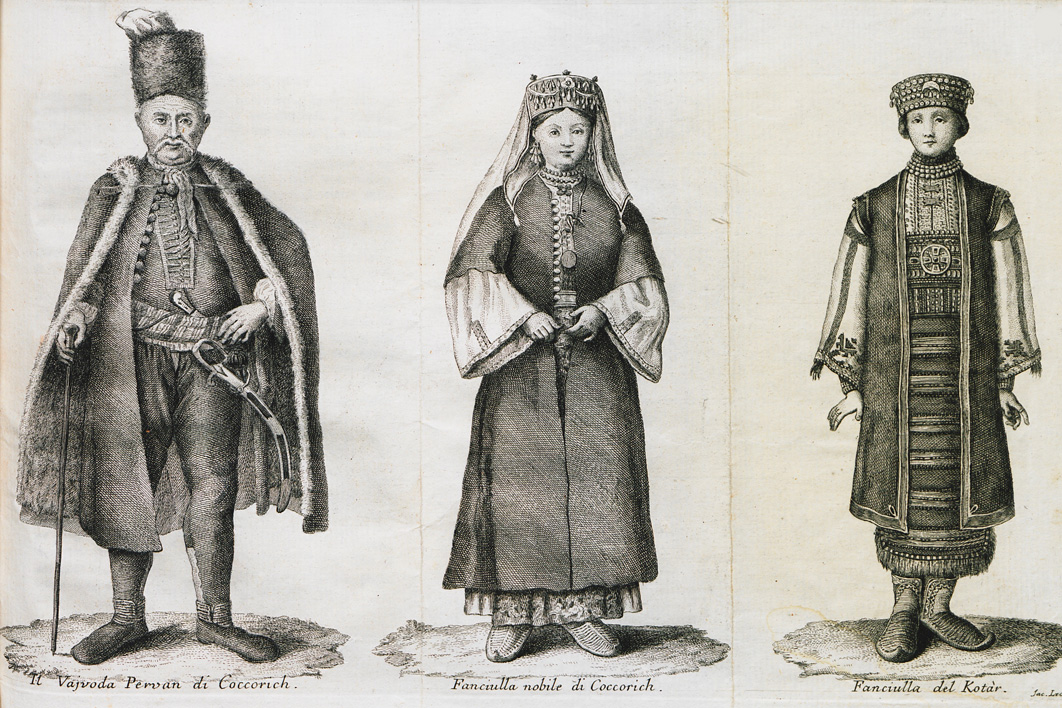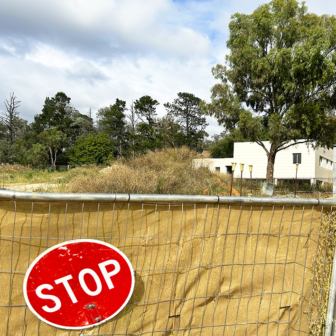What would Aristotle say about Australia’s Covid arrangements? He’d most likely applaud the respect being given to scientific opinion and lambaste the vaccine rollout as gross mismanagement of the health of the polis. I could go on — his oeuvre is voluminous — but one thing I am certain he would deplore is the impoverished status of friendship in our lockdown laws.
For Aristotle, friendship was not just a pit stop on the way to the real goal of romance or a family, nor was it a few cheeky wines after work in the Agora with his mates Hermias and Pythias. Friendship, he wrote, “is most necessary for our life.” No one, he said, “would choose to live without friends even if he had all the other goods” (such as wealth or health).
It wasn’t just the deep and authentic connection that attracted him, nor the fact that he believed happiness to be impossible without friends. Aristotle thought of friendship as the foundation of all political life. Good legislators pay more attention to friendship than justice, he wrote. Friendship, with its focus on reciprocity, trust, mutual goodwill and a willingness to make sacrifices, “hold[s] cities together.” To this extent I am certain he would rail against any government that holds friendship in contempt.
Here in Sydney, people who live alone, are a single parent or have a disability have only just been permitted to nominate a friend to enter their “social bubble.” They had to endure five weeks of isolation before being granted this very basic right. Victorians had to wait two months during their long lockdown last year. Until then, they were permitted to visit an “intimate partner,” possibly a stranger they’d met on Tinder, but were not allowed to visit a lifelong friend.
Before social bubbles, visits to intimate partners fell under the heading of “caring and compassionate visits” but visiting friends didn’t. Intimacy, in other words, was defined according to sex rather than, say, trust, laughter, shared intellectual or cultural interests, or reciprocal care — the values we associate with friendship. During a time of mass low-level anxiety, the laws implied that single people would find more solace in a random person with whom they might want to have sex than their closest friend.
It’s a good thing that the laws have finally changed in New South Wales, but what can we learn from the debate, and how might it inform the way we live post-lockdown?
Above all, I’d argue that the debate about lockdown visits was poorly framed. The commentary overwhelmingly treated the problem as if it were all about the plight of sad singles — pale-faced loners who peer glumly out of windows while smug couples jog by, laughing, with their labradors. Couples and families were the norm against which all other relationships were measured and declared lacking. Singles were seen as grievously incomplete, pathologised and pitied for what are in fact perfectly legitimate and often happier life choices. The logic was circuitous: they felt alone during Covid because they lived alone, not because they were denied the right to visit a close friend.
But what if we treat this as a debate less about the problems of singledom and more about the diminished status of friendship in our laws? After all, this is clearly a moment when the law has intervened in our emotional lives and sought to privilege one status (romantic) over another (friendship). Justified as a necessary measure to prevent movement between households, the laws failed to acknowledge that movement was already happening, it’s just that it was compelled to involve lovers rather than friends. In a situation that can best be compared to the dystopian film The Lobster, singles were told to couple up or face months of psychic torture.
If people living alone in New South Wales have felt isolated over the past five weeks then it was because they were denied the right granted to every other person in Australia to have someone with whom they could cheer Olympians, order in dinner and generally consume too many negronis. Had friendship been enshrined in law as something to be protected, much like marriage or family, then social bubbles would have been automatically granted and fewer people would have suffered.
There is nothing natural or inevitable about the low status we accord friendship. In other places and at other times friendship has occupied an exalted social and legal position, equal or even superior to the involuntary bonds of family or the caprices of romance. Aristotle’s thinking offers us a window into the reverence accorded to friendship in ancient Greece, which eighteenth-century philosophers and voyagers drew on when encountering cultures that sanctified friendship.
Philosopher Alberto Fortis was one of them. In his bestselling anthropological tract Viaggio in Dalmazia (1774), he observed that the Morlacchi people of Venetian Dalmatia (present-day Croatia) had a “nobler capacity” for friendship than modern, civilised Europeans; in fact, it was almost a “point of religion” among them. Morlacchi friends would “tie the sacred bond at the foot of the altar” in a ritual, much like a wedding, that “contains a particular benediction, for the solemn union of two male or two female friends, in the presence of the congregation.” He claimed to have been present “at the union of two young women, who were made Posestre (sacred friends) in the church” and saw how satisfaction “sparkled in their eyes, when the ceremony was performed.”
Joseph Banks and the French explorer Louis Antoine de Bougainville were among the European voyagers who were delighted to stumble on friendship pacts, or taio, in Tahiti. Formalised between people of the same sex, status and age, these pacts blended intimacy with instrumentalism — taios would offer each other emotional support as well as food, labour, land, and sexual partners. It was also through friendship pacts that cross-cultural exchange occurred. Banks’s journal records how he solemnised his friendship with Cook by being wrapped in cloth and presented with a green bough, after which both men “lay our hand on our breasts” and said taio, “which I imagine signifies friend.”
Eighteenth-century voyagers quickly understood the taio bond because they came from a culture that valued friendship and elevated it into law. Natural law theorists from Cicero to Francisco de Vitoria and Hugo Grotius justified imperial commerce on the basis that God willed (in Grotius’s words) that “human friendships should be fostered by mutual needs and resources.” Jobs were filled, money distributed, intimacies forged, and identities constructed all through the framework of friendship.
Matthew Flinders could write to his friend George Bass that “there was a time when I was so completely wrapped up in you, that no conversation but yours could give me pleasure” without anyone raising an eyebrow. Jane Addams and Mary Rozet Smith, two social reformers in America, could be more devoted to each other than to their husbands without a hint of scandal. When Addams travelled without Smith, she would often lug an enormous portrait of her friend with her, and when they journeyed together, they would demand a double bed.
When and why did friendship slide down our hierarchy of relationships? To my mind, the process began in the early twentieth century with the rise of the nuclear family, and with it, the notion that all our emotional needs could be fulfilled within the four walls of the home. Any society that subscribes to this myth necessarily devalues the succour of friends. Care becomes privatised and limited to blood relations, and as families become smaller so too do their moral visions. Promoting that shift was the rise of homophobic sentiment in late nineteenth-century works of sexology and popular Freudianism, which culminated in the anti-gay witch-hunts of the 1950s.
As someone who experiences unbounded elation through long chats with friends and despondency at their absence, I would love to see friendship protected by law. In the short term, this would mean that social bubbles would be built into the architecture of lockdown laws. In the long term, it would mean changing our laws to enshrine the rights of friends, including (as legal scholar Ethan Leib has argued) broadening paid medical leave to allow friends to take care of one another during sickness; allowing friends to sue on another friend’s behalf; and giving friends a legal right to make medical decisions on our behalf.
And why should romantic couples have the monopoly on lavish weddings? Friends’ registers could be established and maybe we could bring back those friendship necklaces we all loved so much in year nine. And who wouldn’t be happier attending a lavish affair solemnising the commitment of two adoring friends than another boringly ostentatious wedding? Throw in a trip to Tahiti or Croatia and I’d be there with bells on. •




